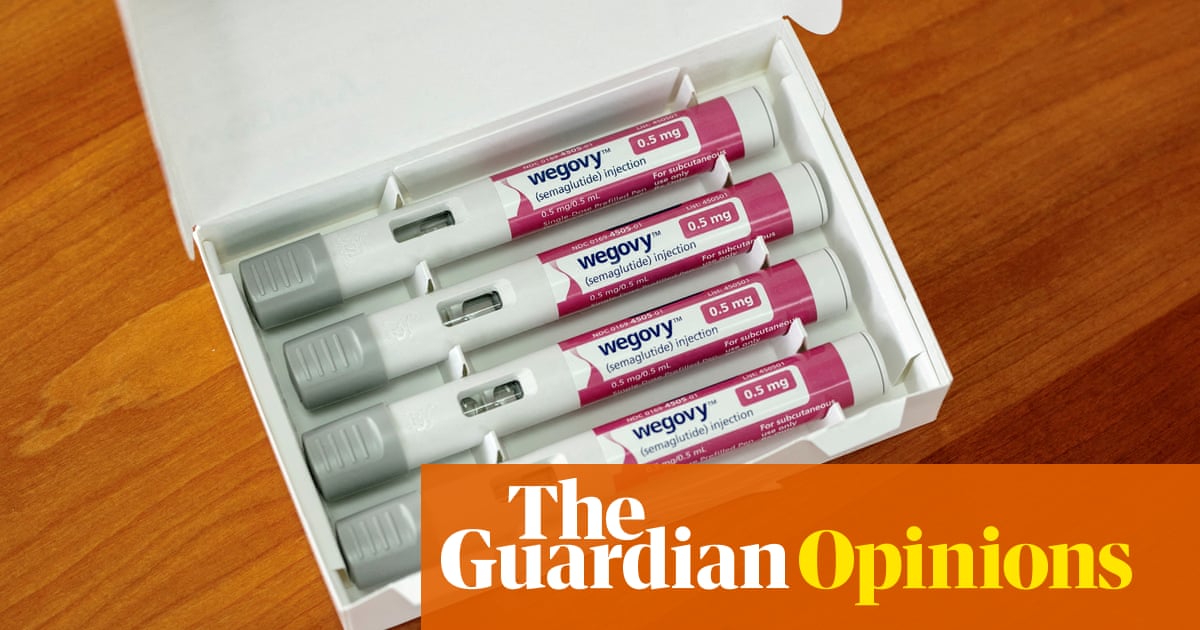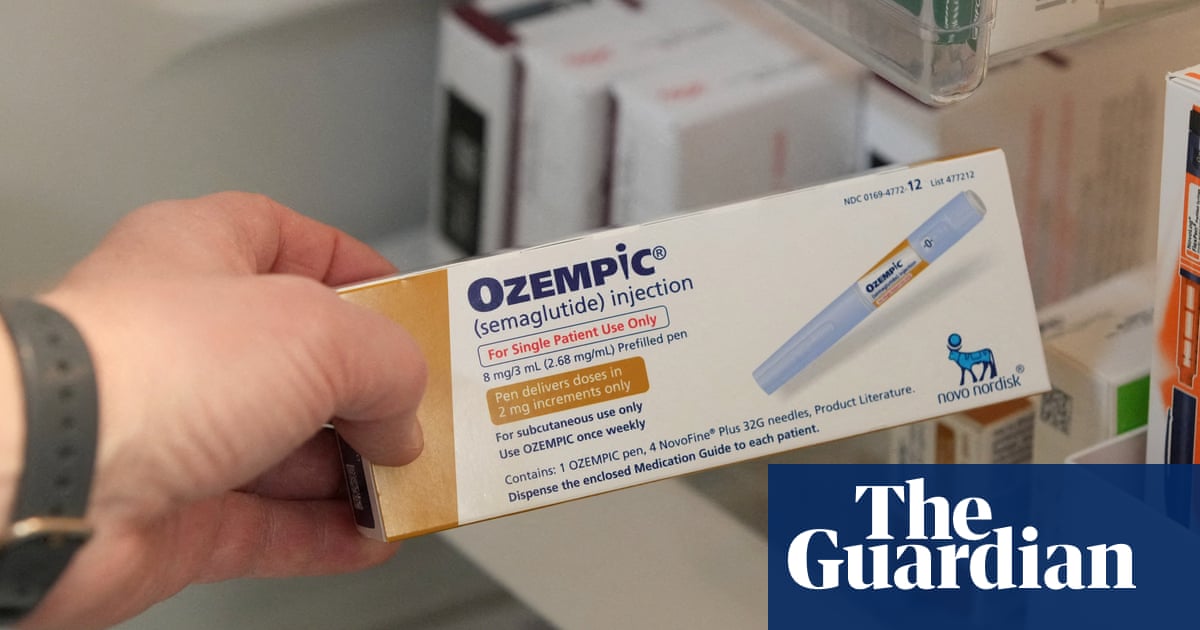
It’s over three years now since a visibly chastened Boris Johnson emerged from his near-fatal brush with Covid to declare that he had seen the light.
He had, he said candidly, been “way overweight” when he got the virus and only now did he understand how vulnerable that had made him; so now he stood before us a changed man. There would be no more scoffing at Jamie Oliver, no more chuntering about nanny statism; instead, he promised not just a ban on junk food advertising or (yet another) national obesity strategy, but what looked positively like a national crusade, led by a prime minister who’d had his own battles with cheese and chorizo and wasn’t going to judge anyone else for raiding the fridge late at night.
And just for a moment it felt as if this might be his one useful contribution to public life; that paunchy, middle-aged men everywhere who hate being nudged to eat more salad might listen to him. (Almost two-thirds of British adults are either obese or overweight now, and for all the gimlet-eyed policing of women’s bodies, it’s men who are most likely to have piled on extra pounds.) The nation could have counted calories alongside him like a kind of giant communal Weight Watchers class, knowing we weren’t alone in occasionally falling off the wagon into a bowl of chips, and feeling supported to climb back up again. But as so often with Johnson, he said it and then seemingly clean forgot about it. And Britain did not build back fitter: quite the reverse.
Child obesity is up, not down, since lockdown. That promised ban on junk food advertising has been repeatedly delayed (it’s currently pencilled in for 2025) and Rishi Sunak has rebuffed calls to extend the sugar tax (though at least he didn’t scrap it, which Liz Truss might well have done had she stayed in Downing Street much longer).
This week the National Audit Office concluded that government targets to boost walking and cycling, in order to increase exercise while cutting car emissions, are likely to be missed. And there’s been barely any attempt to tackle the deeper root causes of obesity, from familiar ones like poverty to still poorly understood ones like the precise role played by ultra-processed foods (UPFs) – often high in fat, sugar or salt, and explicitly engineered to get you craving more. (Think of doughnuts, or anything where you finish one and inexplicably want another, in a way you wouldn’t with an apple; from sausages to crisps and breakfast cereals, UPFs now provide over half of the calories in an average British diet).
Instead, ministers are seemingly pinning their hopes on a trial of Wegovy, the British version of the heavily hyped new US weight loss drug Ozempic, reportedly now being eyed up in the Treasury as a relatively cheap and quick way of getting obese people off sickness-related benefits and into work, thus freeing up money just as the chancellor is desperately trying to find headroom for tax cuts.
The health secretary, Steve Barclay, was quick to play down that idea on BBC Radio 4’s Today programme, presumably because there are few things less likely to persuade people to try a new drug than the sneaking suspicion that they’re only doing it to make Jeremy Hunt’s life easier. While nobody doubts the economic or human costs of obesity, losing weight has to be something people want to do for their own good.
And in fairness, Wegovy may well be part of the answer. Originally developed to treat diabetes, it works by suppressing appetite; you stop wanting to eat much, so you don’t. Covert users who got hold of it early on private prescription are easily identified not just by the weight dropping off them, but by the telltale habit of disinterestedly pushing food around the plate like a 90s supermodel. But it’s not a magic bullet: it’s meant to work alongside, not replace, changes to diet and exercise, which is why in Britain it’s meant to be prescribed by specialist NHS weight management services who can help patients keep the weight off for the long term. Since there aren’t enough specialist clinics to treat the millions who could potentially benefit, however, the trial announced this week is designed to short-circuit all that and see if it can work with support from pharmacists or apps alone.
For anyone who has spent a life shuttling miserably from failed diet to failed diet, Wegovy could be transformative. It could save lives at risk of being lost to heart attacks or strokes, and prevent some chronic illnesses forcing people into painful premature retirement. But drugs don’t address the deeper social or emotional reasons that people overeat – and they don’t tackle the junk food industry that so many doctors argue is fuelling the problem.
Instead, they offer a sticking plaster solution to the underlying crisis, which is that too much of what we eat barely resembles food as we would once have recognised it – and that neither our daily lives nor our urban environment are yet geared to incentivising healthy behaviour.
At best, drugs tackle the damage only after it’s been done, which means they don’t magically erase the need for all those politically difficult preventive measures that for a fleeting moment three years ago, it looked as if the government was willing to confront. Weight loss injections or no weight loss injections, it’s political leadership on obesity that really needs a shot in the arm.
Gaby Hinsliff is a Guardian columnist












